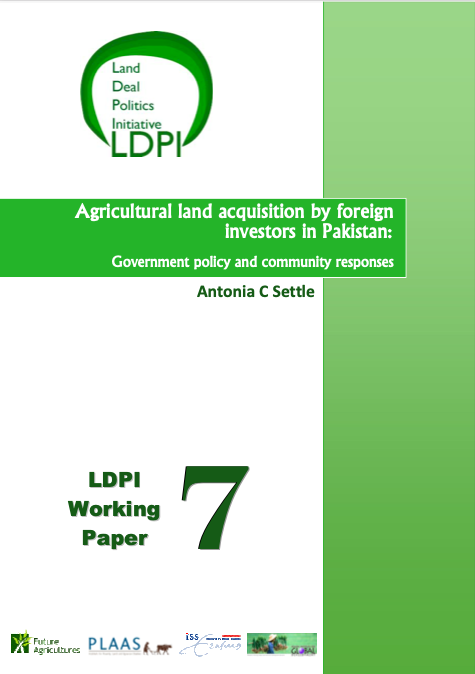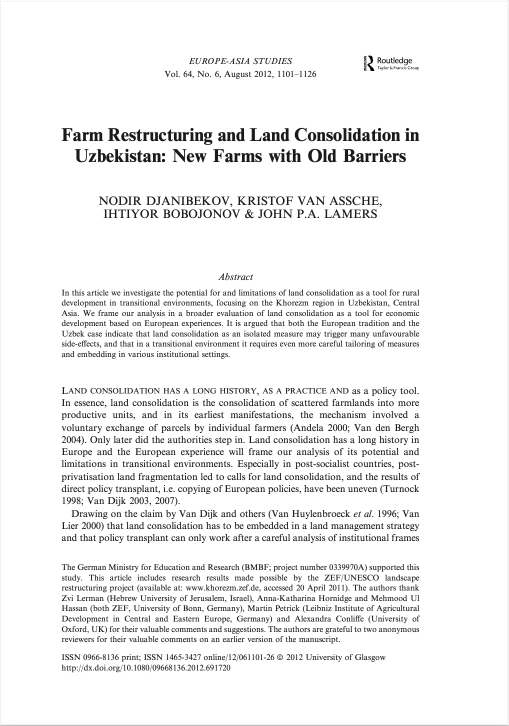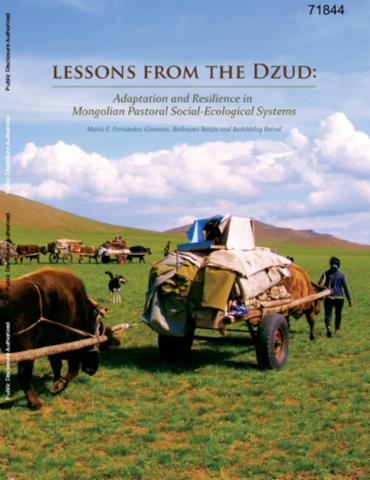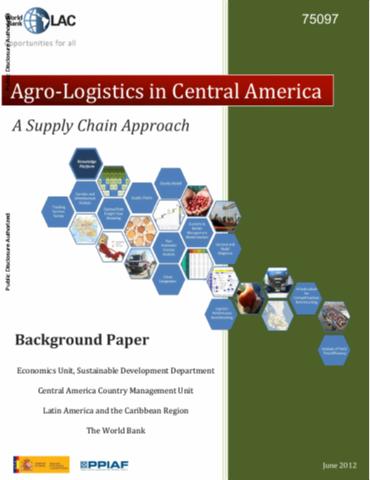Study of the legal status of public land in irrigation schemes in Kandadji
37,891 inhabitants were displaced when the Kandadji dam was built in Niger. We carried out a study of the legal aspects of such displacement, examining ways for the State to optimise its investment whilst also seeking justice for displaced populations. This study weighs up the various options for managing legal processes within the affected areas of dams.






